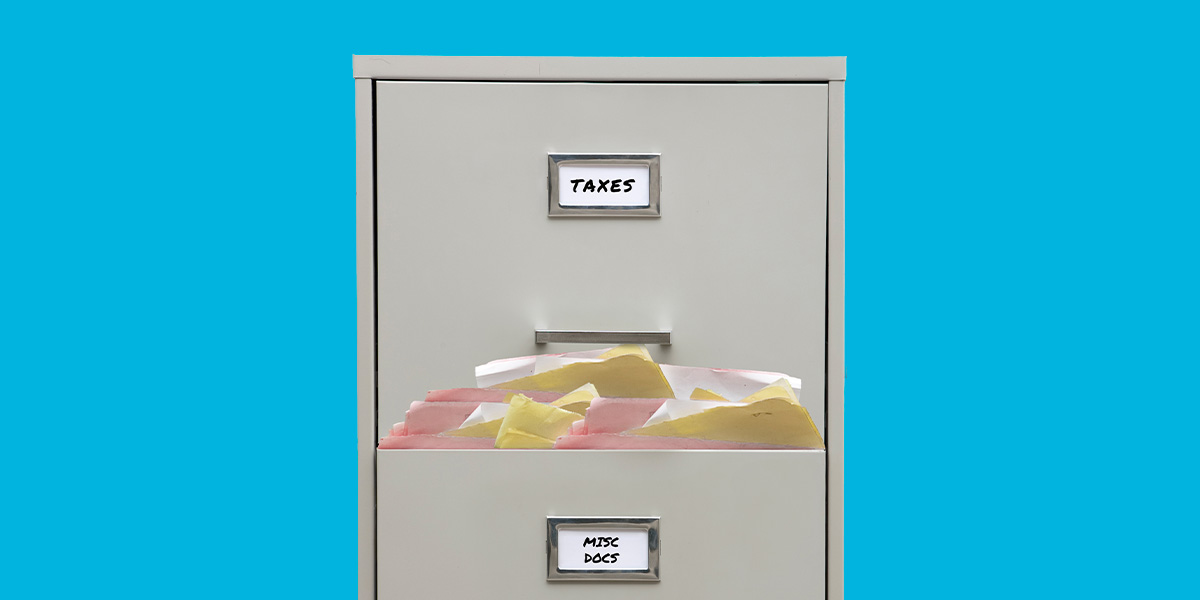-
Personal Banking -
Insights
401(k) Contributions: What You Should Know
A 401(k) is an employer-provided, tax-advantaged retirement savings plan. Named for a section of the U.S. tax code, the 401(k) is a defined contribution plan that employers can give their employees the option to participate in. The employer may choose to match employee contributions; the match is required under some plans.
There are two main types of 401(k) plans, traditional 401(k) and Roth 401(k), not to be confused with a Roth IRA. Traditional 401(k) plans are considered tax-advantaged because contributions to them are made from an employee's wages before they are taxed. On the other hand, Roth 401(k) contributions are made with income that has already been taxed.
The type of plan you choose will determine whether you take the tax advantages while you’re working or after you’re retired. Keep reading for more details.
How Do You Start a 401(k)?
A 401(k) plan can only be opened by an employer, so if you are employed you will need to contact your employer to find out about your retirement saving options. Typically, professionals in the HR department will be the people that can assist with any 401(k) information.
If you own your own business, your business is an employer (even if the only employee is you). That means you can open your own 401(k). If you run a one-person business, you might want to consider opening a solo 401(k).
What is a Solo 401(k)?
A solo 401(k) is an employer-sponsored retirement plan for a one-person business. It can cover the owner/employee, or that person and their spouse. A solo 401(k) can be a good vehicle to use to save for retirement, as you can contribute up to 25% of your company’s profits annually, up to $69,000, to the account in a calendar year.
Traditional 401(k)s
Employees’ contributions are made with pretax dollars when they participate in a traditional 401(k). These contributions are deducted from gross income, so they reduce taxable income for the year the contribution is made.
For example, if you earn a salary of $100,000 and you contribute $15,000 to your traditional 401(k), your taxable income would be reduced to $85,000.
With a traditional 401(k), participants pay the taxes on the money when they make withdrawals (also called distributions) from the account. When you take distributions from the account, you’ll pay taxes at your then-current tax rate - which presumably will be lower if you've retired from full-time employment.
Roth 401(k)s
With a Roth 401(k), employee contributions are made with after-tax income. These contributions do not reduce taxable income in the year they are made, but they may reduce taxes in retirement. Because contributions to Roth 401(k) accounts have already been taxed, there are no taxes due when you make qualified withdrawals in retirement.
401(k) Contribution Limits to Consider
All 401(k) plans have a maximum contribution limit set by the IRS. The 2025 401(k) contribution limit is $23,500, with an additional $7,500 “catch-up” contribution for those who are aged 50 or over.
Any employer match does not count towards this limit. The combined limit for both employer and employee contributions is $70,000. For employees aged 50 and over, the combined limit is $77,500.
What is an Employer Match?
When your employer matches your 401(k) contribution up to a certain amount, that’s called an employer match. Many employers offer a matching contribution as an employee benefit, such as matching your contributions up to 5% of your salary.
If your employer offers a match, it’s wise to make sure you’re contributing enough to your retirement account to receive the full match. Otherwise, you’re leaving free money on the table.
Matching limits can vary by employer, so be certain to consult with yours to learn more about your options.
401(k) Withdrawal Rules
Because 401(k) plans are designed for retirement savings, there are specific rules about how and when you can make withdrawals. You must be at least 59 ½ years old to meet the IRS criteria to start taking withdrawals from your 401(k).
If you choose to take early withdrawals from your 401(k), you’ll have to pay a 10% penalty. If you’re withdrawing from a traditional 401(k), you’ll also have to pay taxes on the withdrawal at your current tax rate.
Required Minimum Distributions
The tax deferral benefits of a traditional 401(k) don’t last forever. When you reach the age of 73, the IRS requires you to start taking minimum distributions from your traditional 401(k). Some plans allow you to wait until the year of your retirement, if that happens after you turn 73; check your specific plan for details.
401(k) vs. Other Retirement Plans
For most people, a 401(k) is an easy way to save for retirement, especially with automatic payroll deductions. But it doesn’t have to be the only way you save for retirement. In fact, it can be wise to combine a 401(k) with an IRA or other retirement savings plans.
For example, you might also be able to contribute to a Roth IRA account along with your 401(k). A Roth IRA is a retirement account that receives post-tax contributions instead of pre-tax contributions as with a 401(k).
Tips for Managing Your 401(k)
When you contribute to your employer’s 401(k), you typically are asked to select from a group of investment funds which you want to invest your 401(k) contributions in. Otherwise, these contributions may remain uninvested.
Ultimately, how you invest your 401(k) is up to you, your financial goals and your risk tolerance. While your 401(k) provider might provide some suggestions for investing your 401(k), working with a wealth planner can help you make more informed decisions.
Also, remember that your risk tolerance might change throughout different stages of your life. For example, you might favor higher-risk investments early on in your career but may want to consider tapering your risk and becoming more conservative as you get closer to retirement.
What Happens to Your 401(k) When You Leave a Job?
If you leave your job, the funds in your 401(k) still belong to you, and it’s a good idea to continue saving for retirement. When you leave your employer, you will have to make some changes to your 401(k) plan.
You will have three options:
- Roll your 401(k) from your former employer into your new employer’s plan.
- Roll your 401(k) into an IRA.
- Leave your 401(k) at your former employer, but you may be charged a management fee to do so. Make sure you don't lose track of your account if you choose this option.
This article is for general information and education only. It is provided as a courtesy to the clients and friends of City National Bank (City National). City National does not warrant that it is accurate or complete. Opinions expressed and estimates or projections given are those of the authors or persons quoted as of the date of the article with no obligation to update or notify of inaccuracy or change. This article may not be reproduced, distributed or further published by any person without the written consent of City National. Please cite source when quoting.
City National, its managed affiliates and subsidiaries, as a matter of policy, do not give tax, accounting, regulatory, or legal advice, and any information provided should not be construed as such. Rules in the areas of law, tax, and accounting are subject to change and open to varying interpretations. Any strategies discussed in this document were not intended to be used, and cannot be used for the purpose of avoiding any tax penalties that may be imposed. You should consult with your other advisors on the tax, accounting and legal implications of actions you may take based on any strategies or information presented taking into account your own particular circumstances.
This article is for general information and education only. It is not to be construed as an offer, or solicitation of an offer, to buy or sell any financial instrument. It should not be relied upon as specific investment advice directed to the reader's specific investment objectives. Any financial instrument discussed in this article may not be suitable for the reader. Each reader must make his or her own investment decision, using an independent advisor if prudent, based on his or her own investment objective and financial situation. Prices and availability of financial instruments are subject to change without notice. Financial instruments denominated in a foreign currency are subject to exchange rate risk in addition to the risk of the investment. City National Bank (and its clients or associated persons) may, at times, engage in transactions in a manner inconsistent with this article and, with respect to particular securities and financial instruments discussed, may buy from or sell to clients or others on a principal basis. Past performance is not necessarily an indication of future results.





